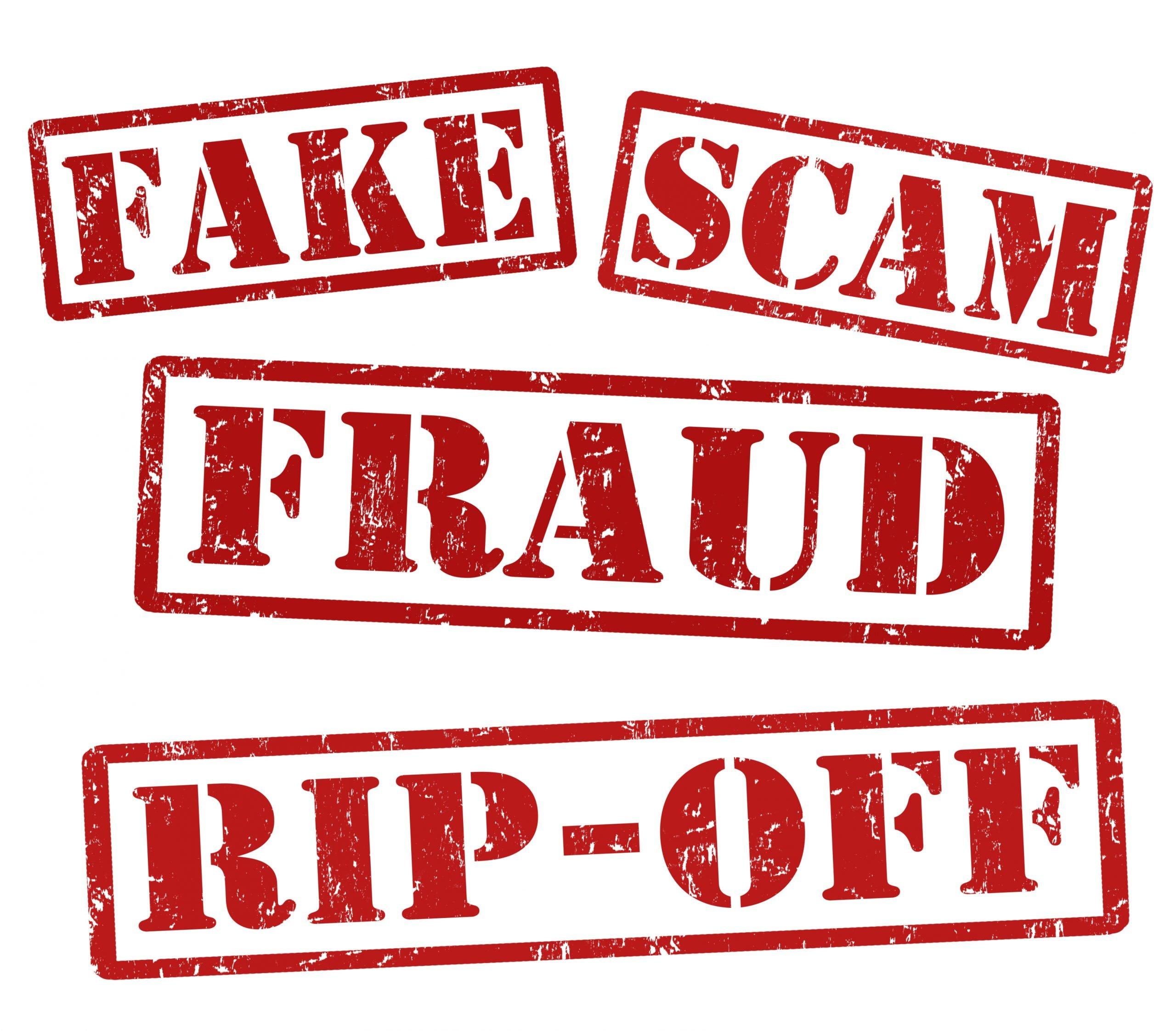
Falling for a credit card scam is an incredibly frustrating experience and having your financial security disturbed for even a short time can disrupt your peace of mind.
However, providing you arm yourself with the right knowledge, you can minimize the impact credit card scams have on your financial well-being. So, with that in mind, here are several credit card scams you’re going to want to watch out for.
1. Chip Credit Card Scam
Over the past year, credit card issuers have been switching to Europay, MasterCard and Visa — aka EMV — chip technology. These EMV chips are designed to provide increased security for in-person transactions. However, while the added protection is definitely a plus, chip cards aren’t impervious to all forms of credit card fraud. In fact, scammers are actually capitalizing on the transition to chip cards by posing as credit card companies and sending out phishing emails to unsuspecting consumers. The emails instruct people to provide sensitive information or to click on a fraudulent link in order to receive their new credit card.
To keep from falling victim to this scam (and others like it), it’s important to keep in mind that legitimate financial institutions will never ask you to provide sensitive information via email. If you’re unsure of the validity of the emails you’re receiving, it’s best to contact your credit card company directly by phone. It’s also always a good idea to avoid clicking on links from questionable sources or addresses.
2. Credit Card Skimmers
One of the oldest credit card scams around, skimmers are hard to avoid completely, but relatively easy to shut down. Skimmers are essentially pieces of tech that attach to credit card reader on ATMs, cash registers and other similar devices. When you slide your card through a reader that has a skimmer attached, it sends your credit card information to scammers who can then copy it.
Skimmers aren’t always easy to spot, so your best chance at negating the damage this scam can cause is to carefully look over your credit card bill each and every month. Doing so will help you spot fraudulent charges and, providing you report them in time, enable you to have them removed from your account. While it might feel tedious at times, checking your credit card statements month-to-month is an easy way to neutralize fraud and, as an added benefit, could help you uncover new ways to save money.
3. Charity Scammers
Unfortunately, there are scammers out there who decide to prey on people’s goodwill. Charity scammers will take advantage of people’s generosity, typically immediatelyfollowing a national tragedy or natural disaster. Through the guise of a fake organization, scammers will send emails or call individuals in an attempt to collect information from charitable souls. Instead, they steal their money and credit card information for their own personal gain.
Before making any sort of donation, it’s important to check with your attorney general or Better Business Bureau to validate the legitimacy of an organization. You can also check sites like Charity Navigator or GuideStar to acquire additional information on charities. You can cut down on the damage a fraudulent charity can cause by reporting it to the Federal Trade Commission as well, helping to protect other consumers.
As with all things related to finance, knowledge is power. Knowing the various forms of credit card scams and understanding how to properly protect your personal information on and offline can really help to decrease your susceptibility.
If you do have reason to believe your personal information has been obtained after falling for a scam, you may want to keep an eye on your credit since unfamiliar items can be signs your identity has been stolen. (You can pull your free annual credit reports from AnnualCreditReport.com and view your credit scores for free each month on Credit.com.) Providing you stay aware, you should be able to keep your finances, and identity, safe.
This article originally appeared on Credit.com and was written by Leslie Tayne.










